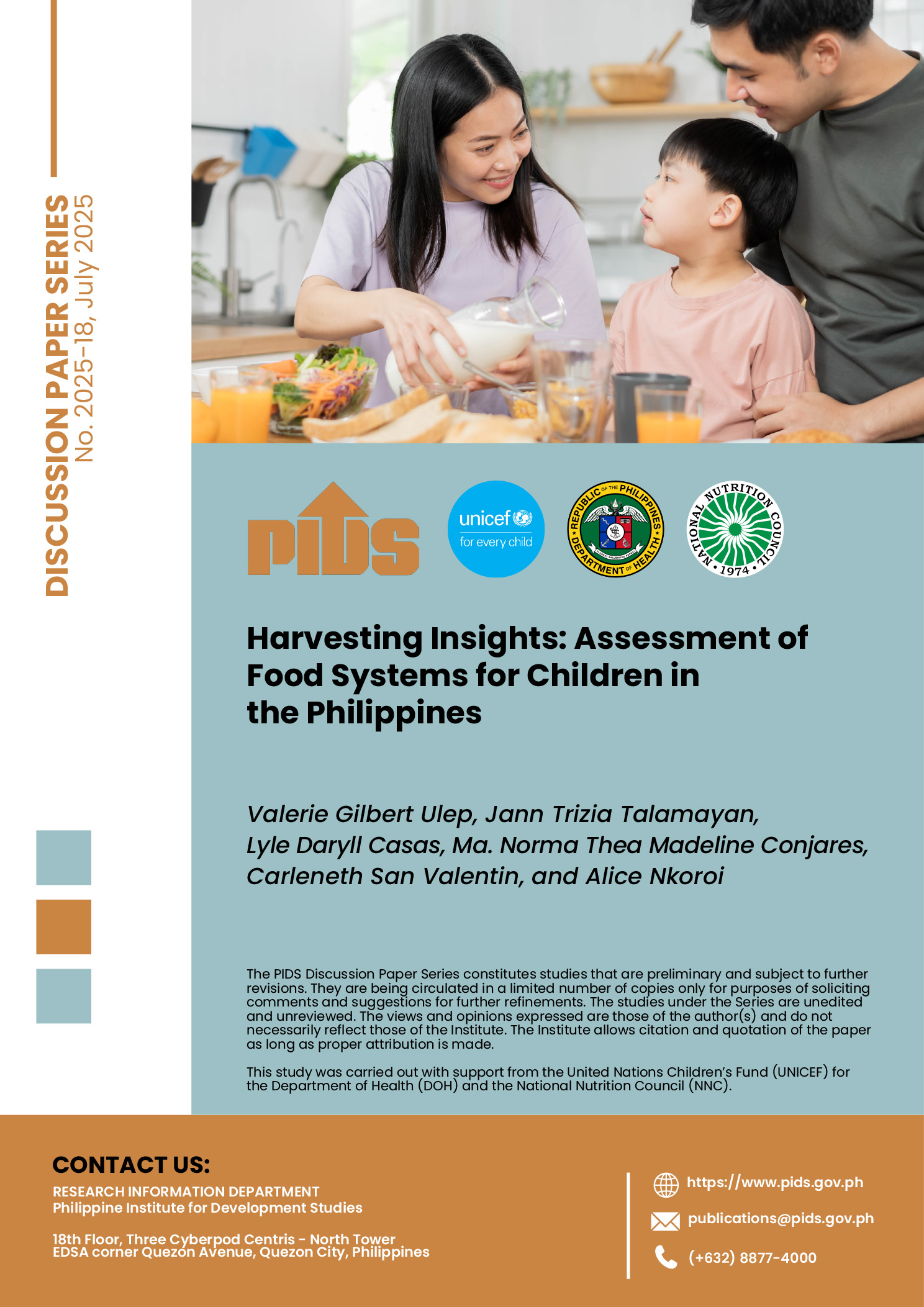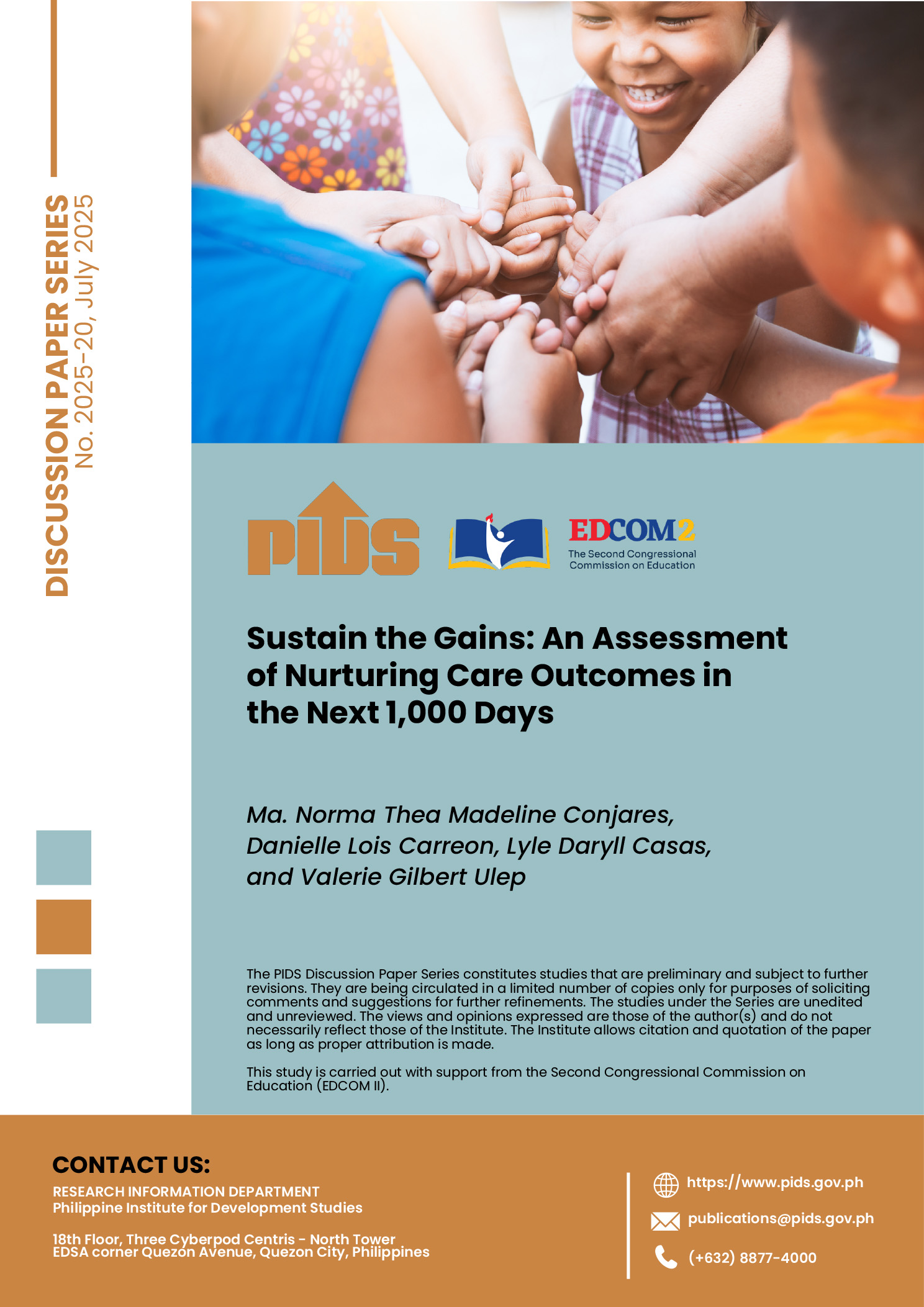A joint study by the Philippine Institute for Development Studies (PIDS) and Unicef Philippines has linked the lack of access to clean water, sanitation and hygiene (WASH) facilities to persistent diarrhea among Filipinos, especially in impoverished areas.
“Only about half of Filipinos have access to safely managed WASH services. The deficiencies are most severe in the poorest regions, where up to 50 percent of the population drinks unsafe surface water, especially in areas like the Bangsamoro Autonomous Region in Muslim Mindanao,” the study said.
“Unsafe water conditions are linked to the urban-rural divide, with millions of Filipinos in poor areas exposed to waterborne diseases,” it added.
The health consequences are severe. In 2019, poor WASH practices caused 86 percent of diarrhea-related deaths, 35 percent of which were children under five.
Diarrhea harms children’s health, suppressing their appetite and contributing to malnutrition.
The study also cited governance and infrastructure gaps as barriers to WASH access.
Fragmented governance hinders the effective implementation of WASH initiatives, particularly in rural areas, the study said.
While the National Sustainable Sanitation Plan has made some progress, only 33 percent of barangays have eliminated open defecation, far short of the 80-percent target for 2023, it added.
To address these issues, the study recommended an integrated approach, including infrastructure development, behavior change and better governance.






